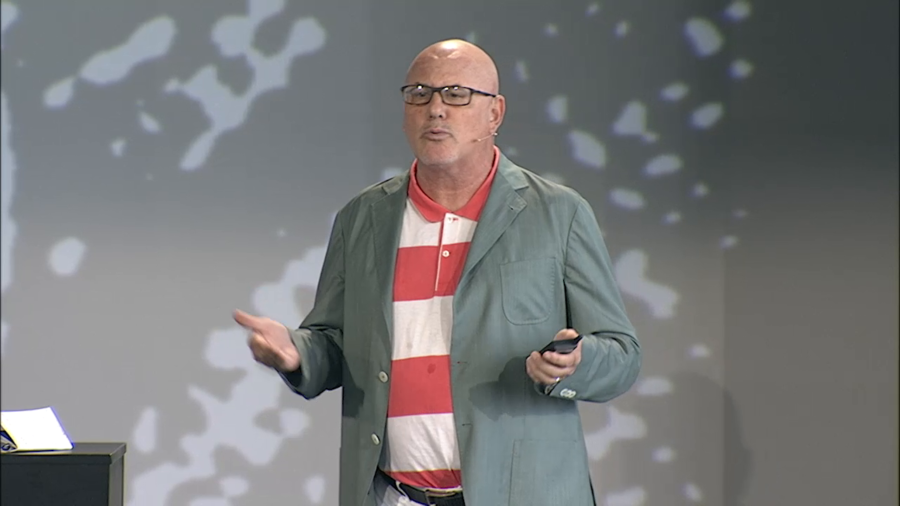Humans, we’re pretty limited in what we can do, let’s face it, mentally particularly. We just have a bunch of brain cells. And the possibility of enhancing our brain, our mental capabilities, I think is enormous.
Archive (Page 1 of 3)
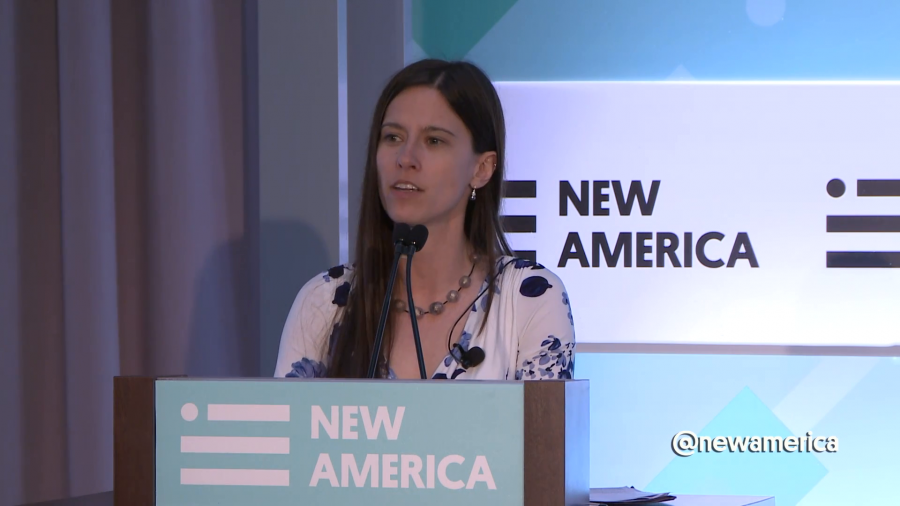
What we’re trying to do is to see over the horizons, looking at essentially a five-year time frame, and identify what will be the cybersecurity landscape in that context.
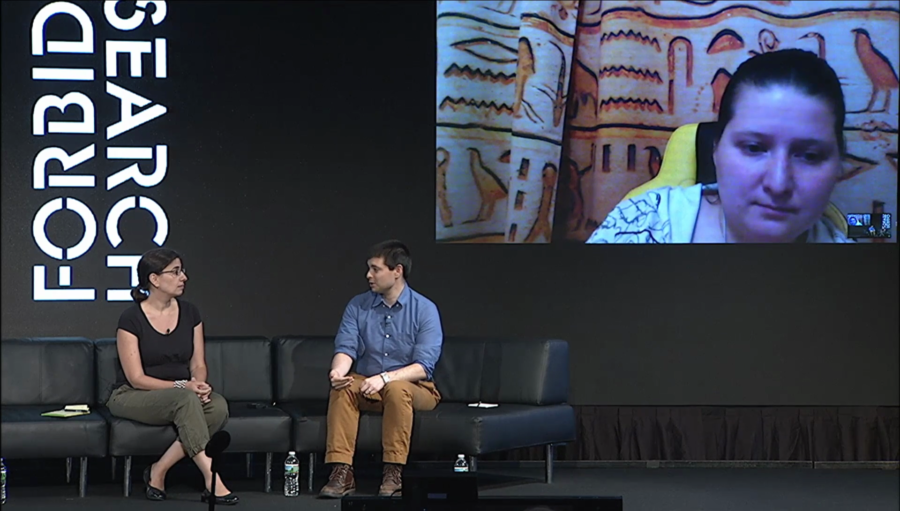
Quite often when we’re asking these difficult questions we’re asking about questions where we might not even know how to ask where the line is. But in other cases, when researchers work to advance public knowledge, even on uncontroversial topics, we can still find ourselves forbidden from doing the research or disseminating the research.
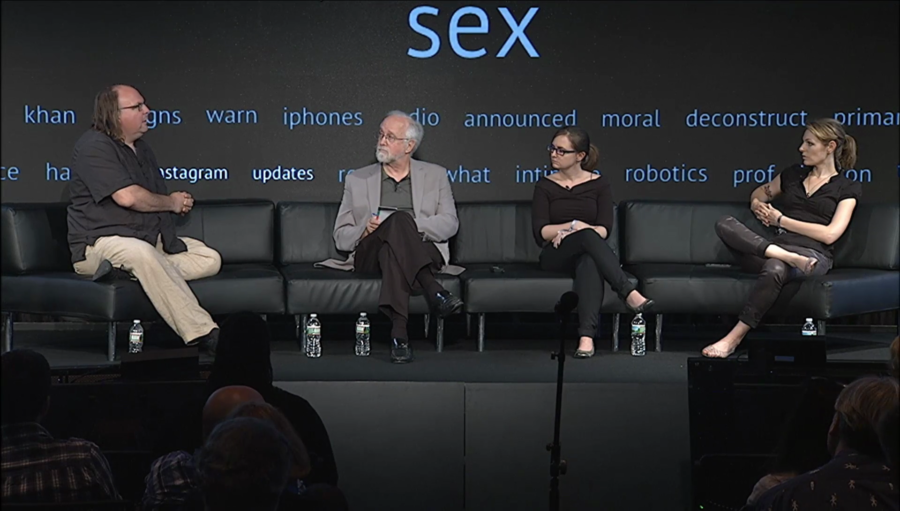
One of the big things that we’re going to talk about here is paraphilia. We’re going to talk about sexual deviance. We’re going to talk about the problem of people whose sexual desires lead to attraction to children, lead to attraction towards violent sex, lead to sexual transgression in one fashion or another.
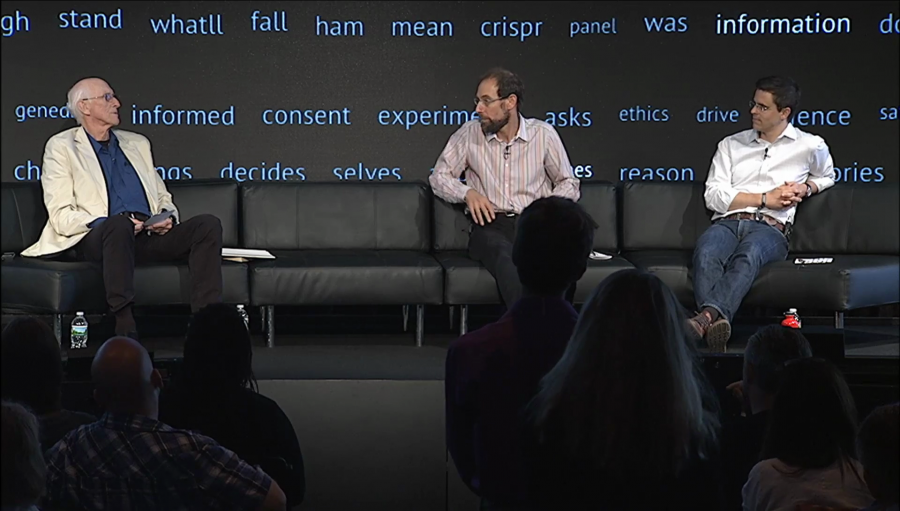
Solar geoengineering rests on a simple idea that it is technically possible to make the Earth a little more reflective so that it absorbs a little less sunlight, which would partly counteract some of the risks that come from accumulating carbon dioxide in the atmosphere. When I say technically possible, it appears that at least doing this in a crude way is actually easy, in the sense that it could be done with commercial off-the-shelf technologies now, and it could be done at a cost that is really trivial, sort of a part in a thousand or a part in ten thousand of global GDP.
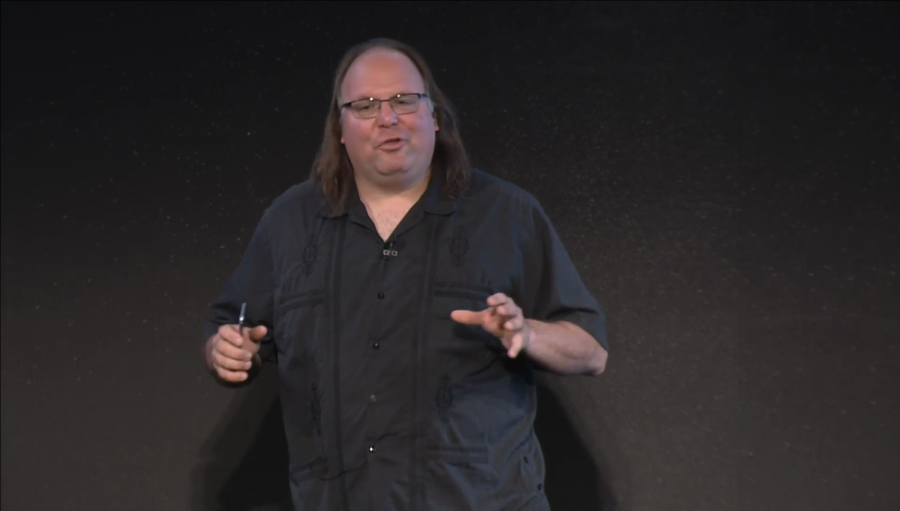
As we dug into this topic, we realized research gets forbidden for all sorts of reasons. We’re going to talk about topics today that are forbidden in some sense because they’re so big, they’re so consequential, that it’s extremely difficult for anyone to think about who should actually have the right to make this decision. We’re going to talk about some topics that end up being off the table, that end up being forbidden, because they’re kind of icky. They’re really uncomfortable. And frankly, if you make it through this day without something making you uncomfortable, we did something wrong in planning this event.
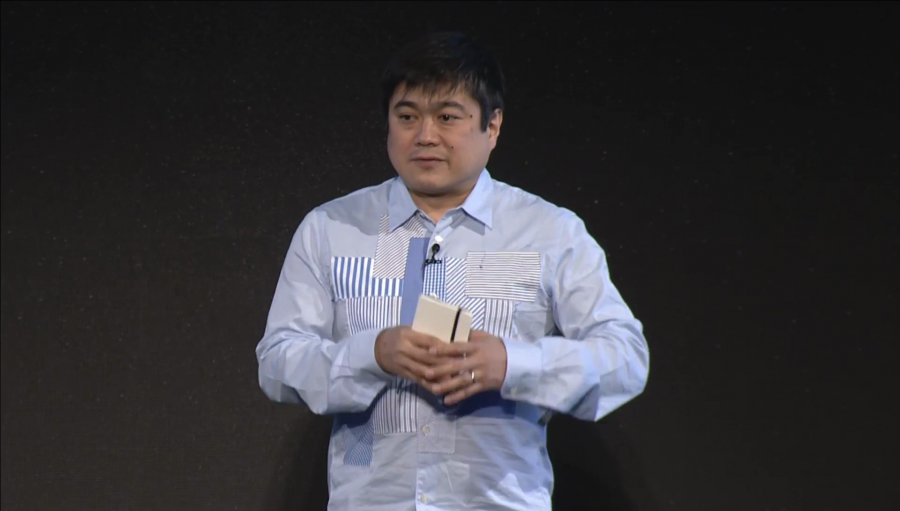
Talking to people who study the history of science, and you look at Nobel Prize winners, many of them have really taken sort of career-threatening risks in order to win Nobel Prizes. So even science, which feels like an area where you’re supposed to question authority and think for yourself, you actually have to be rather risk-taking and disobedient.
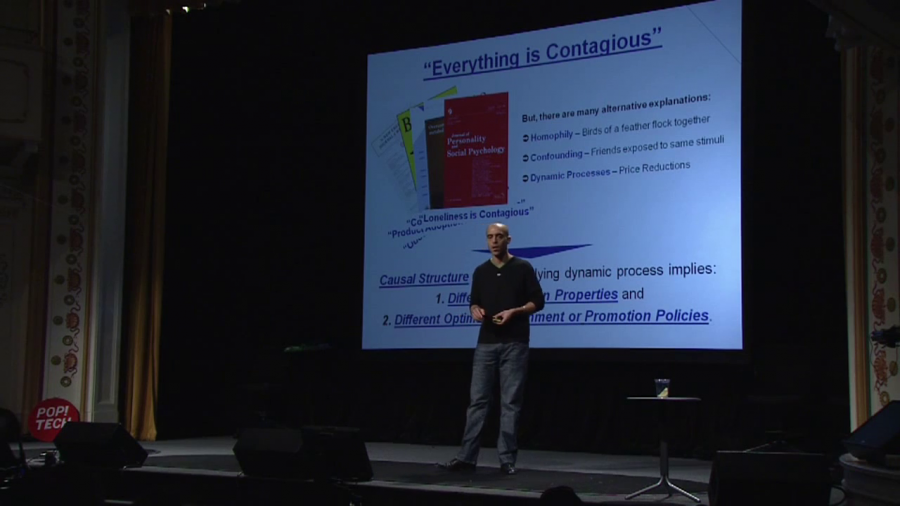
The reason that I am interested in behavioral contagions is that I firmly believe that if we can understand how behaviors spread in a social network and thus in a population from person to person to person to person, that we could potentially promote behaviors like…condom use, or tolerance.

One of the most recent paradigms that we’ve used to try to get this under experimental control is to ask people to act out pretend harmful actions. So for instance, we’ll give them a disabled handgun. We’ll show them that it’s fake. That it couldn’t possibly harm a fly. We put it in their hands and then we ask them to shoot us in the head.


